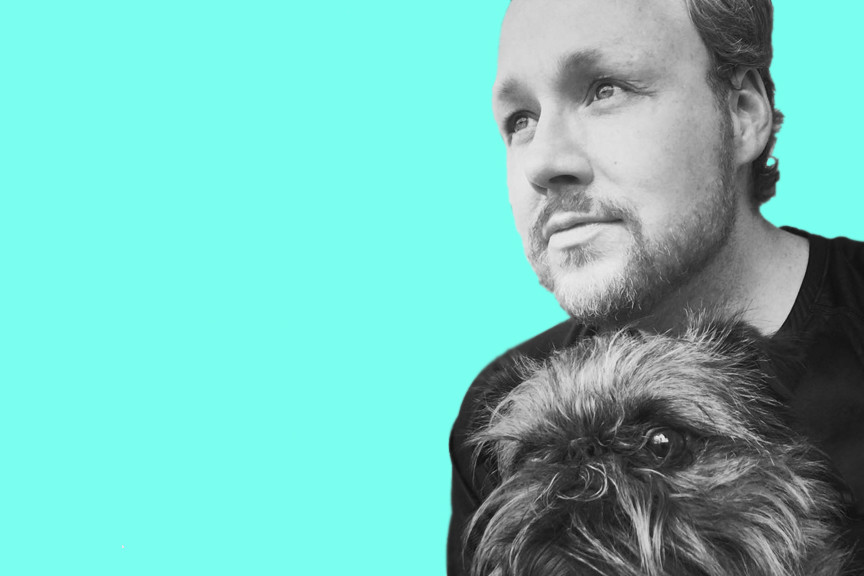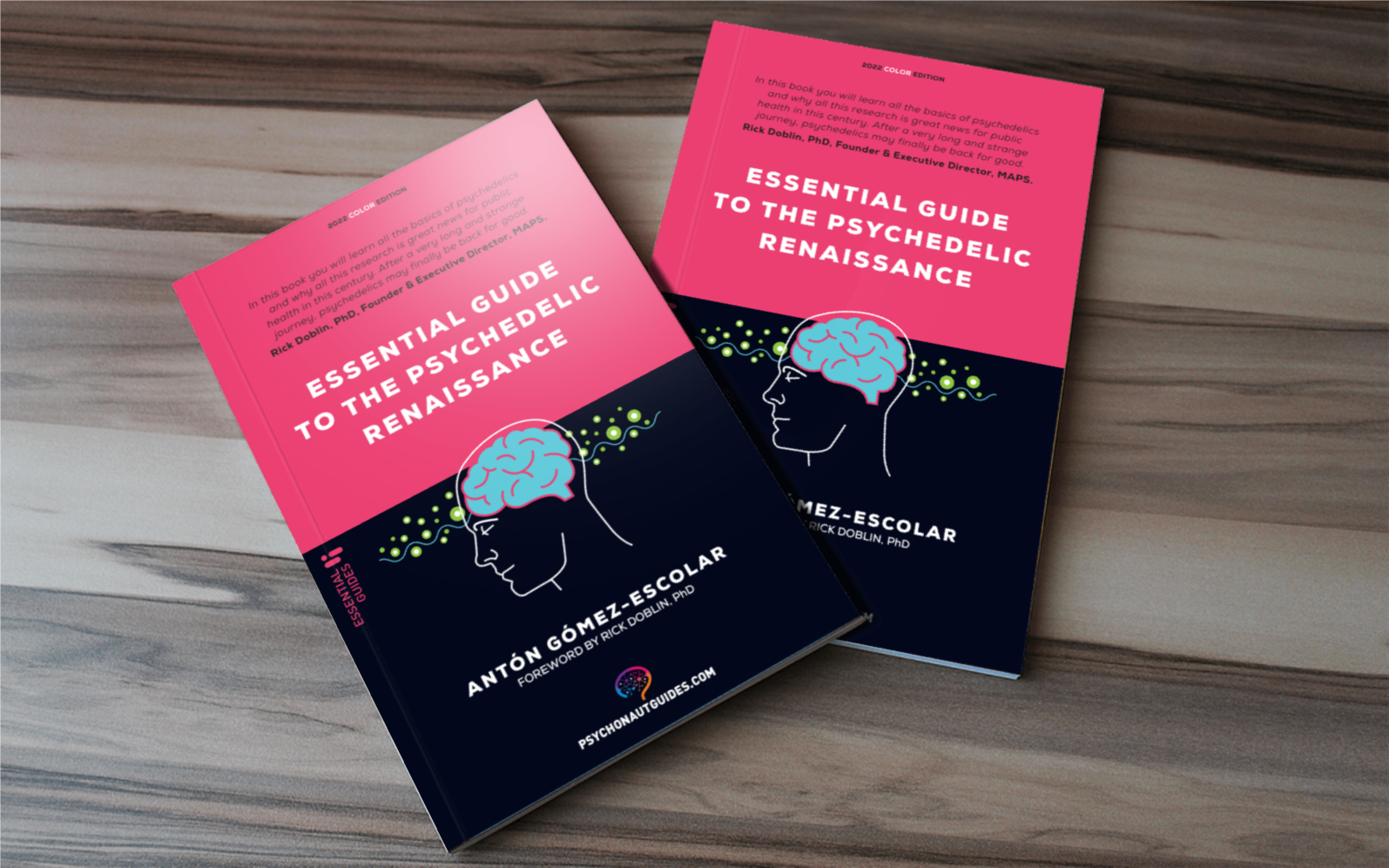By Gabriel García May 21, 2023
The Ohio State University has become the first U.S. university to obtain a DEA license to grow psychedelic mushrooms. Psychedelic mushrooms, also known as magic mushrooms, are a group of mushrooms that contain psilocybin, a chemical that can alter the perception, mood and cognition of people who consume them. Psilocybin has been used for centuries by various indigenous cultures for ritual, religious and therapeutic purposes, but has also been subject to prohibition and stigma in many countries due to its potential to cause adverse effects and dependence.
In recent years, however, scientific research into the medical benefits of psilocybin has boomed, with promising results for the treatment of disorders such as depression, anxiety, post-traumatic stress disorder, addictions and cluster headaches. The U.S. Food and Drug Administration (FDA) has granted psilocybin innovator drug status, which means it can speed up its approval and marketing process.
However, one of the main obstacles to the advancement of psilocybin research is the difficulty in obtaining it legally. Psilocybin is classified as a Schedule I controlled substance by the U.S. Drug Enforcement Administration (DEA), which means it has no accepted medical use and a high potential for abuse. In order to cultivate, possess or administer psilocybin for scientific purposes, a special license from the DEA is required, which is very difficult and expensive to obtain.
Therefore, the announcement that Ohio State University has obtained a DEA license to grow psychedelic mushrooms is a historic milestone for research with this substance. According to an article published by The Lantern, Ohio State has become the first U.S. university to obtain this permit, which will allow it to grow more than 20 different species of psychedelic mushrooms in a specialized laboratory.
 Alan Davis. Photo excerpted from psymposia.com article.
Alan Davis. Photo excerpted from psymposia.com article.
Alan Davis, associate professor and director of the Center for the Psychedelic Drug Research, who has been studying the effects of psilocybin on patients with treatment-resistant depression for years, explained that the main goal of obtaining the license is to be able to produce their own psilocybin for therapeutic purposes, without relying on outside or synthetic suppliers.
“Current research suggests that psychedelics, when administered in the context of psychotherapy with two trained clinicians, can help reduce symptoms of depression, anxiety, PTSD, addiction and other mental health problems,” Alan Davis, assistant professor and director of the Center for Psychedelic Drug Research and Education, said in an email to TheLantern. “They appear to do so through the occasion of personally meaningful and therapeutic experiences, as well as through biological changes in neuropsychological functioning.”
Davis also noted that the license will allow the university to collaborate with other researchers around the country and the world who are interested in studying psychedelic mushrooms. In addition, he said he hopes this achievement will contribute to changing the social and legal perception of this substance.
Psychedelic drugs can be a powerful tool for therapeutic purposes. You can discover more about these potential therapeutic effects in Essential Guide to the Psychedelic Renaissance by Antón Gómez-Escolar, we recommend Psychedelics and Mental Health, by Irene de Caso and Your Brain on Psychedelics, by Genís Oña, where you will learn the keys to the effects of psychedelics, capable of producing significant changes in the processes of perception, thought and consciousness. The book also includes a prologue written by one of the greatest eminences in this field, José Carlos Bouso, scientific director of ICEERS.

These books are now available on Amazon in physical and eBook format, as well as Apple Books. In addition, all titles are available in Spanish version on GuiasdelPsiconauta.com





